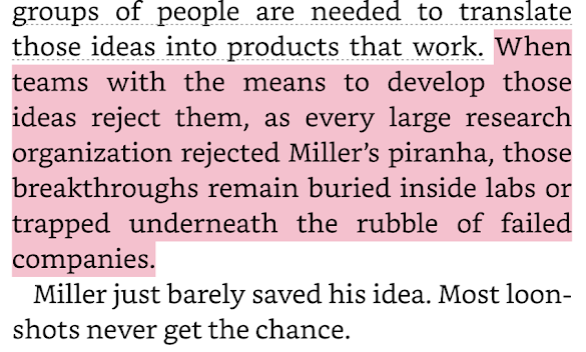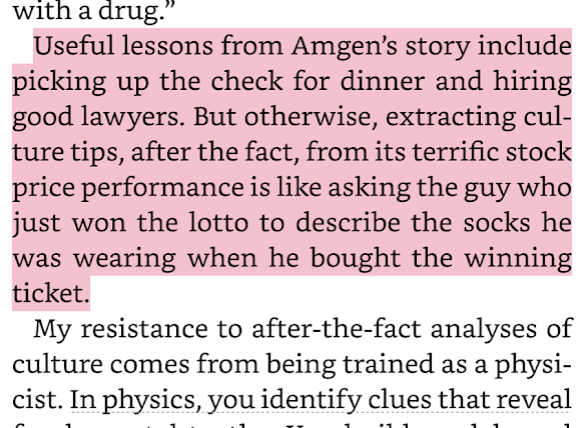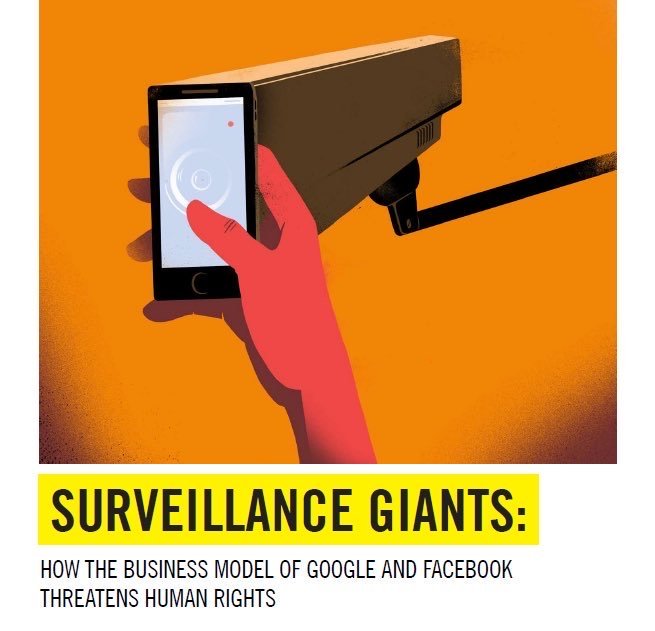The built-in incentives mean that corporate R&D orgs can only get and keep the best people in a narrow range of circumstances.
Let's see how each of those interact with corporate R&D
If an individual researcher is motivated by money and create something valuable, they can capture more of the value they create if they spin off a startup.*
Therefore, researchers who stay in R&D labs long-term aren’t motivated by capturing value.
It also depends on the industry’s willingness to acquire.
Researchers can usually capture more glory in academia. Companies have the incentive to keep many more things secret. In academia, the only thing that keeps people from publishing is fear of being scooped.
Google Brain may fall into this same category - an effective monopoly on search and video hosting
Instead of money or glory people might want to work on interesting or novel work that would otherwise require months of grant writing.
Corporate R&D can potentially have large impact *if* you’re working on something that’s aligned with the main company.
For example if you’re working on research that can become part of an existing Google product, it will affect billions of lives.
You could make them feel extremely comfortable - call this a ‘local optima’ - which is also expensive.
This is part of a bigger piece I'm working on about constraints on corporate R&D as an innovation organization to finally continue the series I started with benjaminreinhardt.com/startup-constr…











